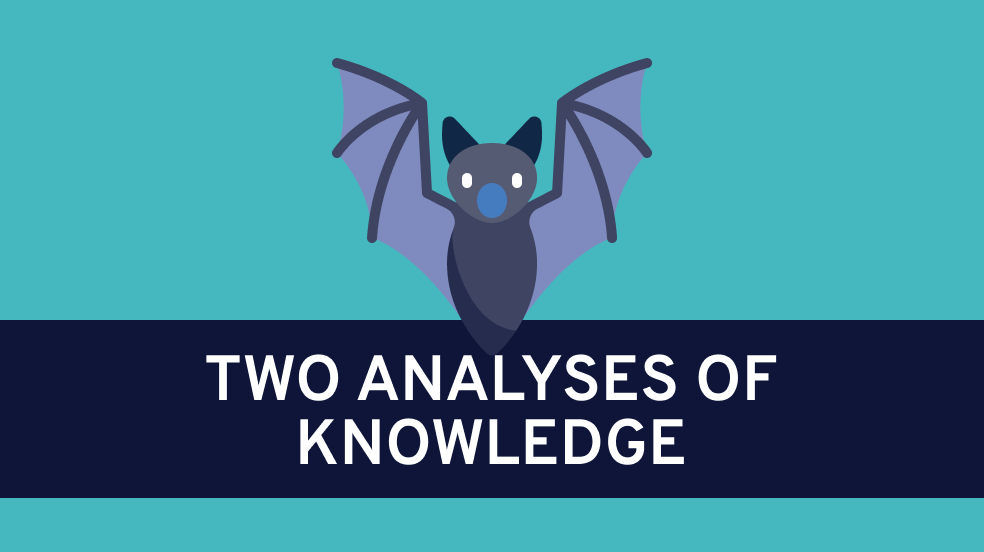by Jennifer Nagel & Geoff Pynn
Is knowledge the same as justified true belief? In this Wireless Philosophy series, Jennifer Nagel discusses a Gettier case, a scenario in which someone has justified true belief but not knowledge. We’ll look at a Gettier case from Edmund Gettier’s famous 1963 paper on this topic, and a structurally similar case from 8th century Classical Indian philosophy.








